“YOUR DATA IS CURRENCY. COLLECTIVE DATA IS POWER.” Reddit Data DAO (r/datadao) company is displaying this powerful slogan on its official website.
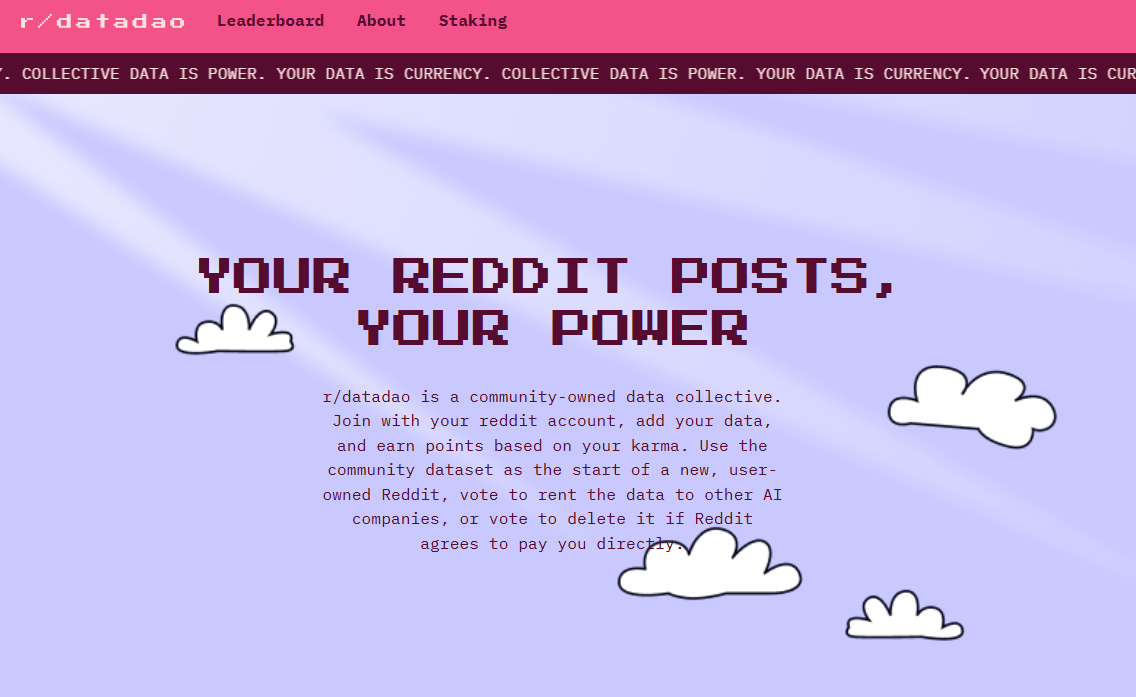
r/datadao is a decentralized organization that allows users to provide Reddit data to the platform. Users vote to decide how the data should be used, such as authorizing AI companies for large-scale model training and receiving rewards in return. The narrative of r/datadao reclaiming user data rights is undoubtedly exciting because it addresses the current pain points in the data industry: the difficult balance between personal information rights and industry demands.
Data Becomes Oil, but Seems Unrelated to Users
In recent years, the emergence of generative artificial intelligence applications has highlighted the value of data even more. Big data, powerful computing, and strong algorithms are referred to as the three pillars of large models. The "Top Ten Trends of Artificial Intelligence" report at the 2023 World Artificial Intelligence Conference (WAIC) pointed out that "the quality of a model in the future is determined 20% by the algorithm and 80% by the data quality."
Garbage in, Garbage out. Therefore, data is referred to as the new oil.
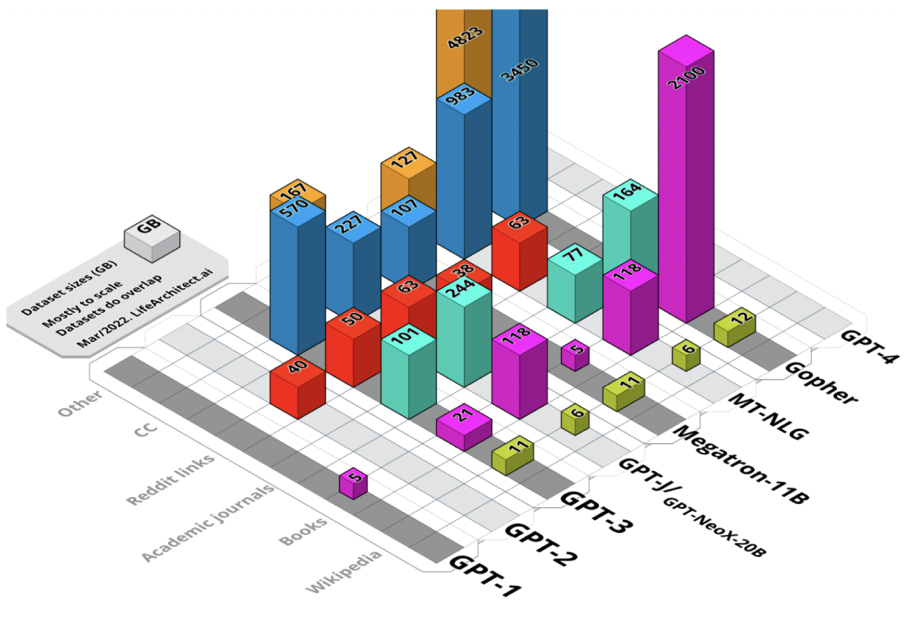
However, the strong demand for data by large models has created tension in the relationship between personal privacy, data security, and legitimate rights. Personal information is illegally obtained in large quantities and traded on the black market, becoming a source of data for telemarketing, fraud, and targeted marketing.
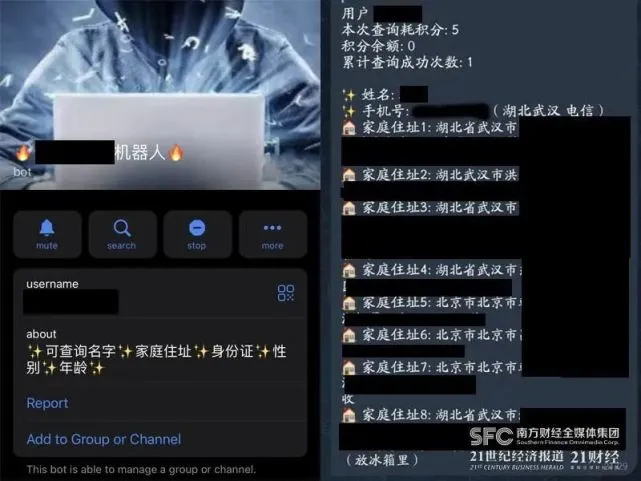
In 2016, the EU introduced the GDPR (General Data Protection Regulation), which came into effect two years later. GDPR gives individuals strong control over data and establishes a series of systems including informed consent, right to be forgotten, data portability, and access rights. However, critics argue that strict regulation and punitive measures have harmed the development of the Internet. In China, through laws such as the Cybersecurity Law (passed in 2016), the Civil Code (passed in 2020), the Data Security Law (passed in 2021), and the Personal Information Protection Law (passed in 2021), the country has also established a system to promote the development and protection of personal data, as well as the balance of interests between individuals' legitimate rights and national security and development.
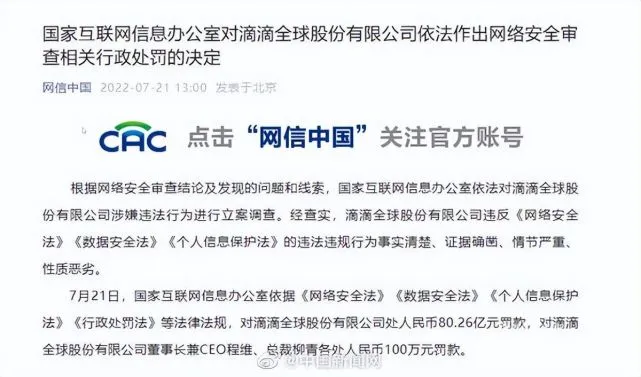
Although the right to personal information has become a personality right in law, it is still very difficult for individuals to benefit from data transactions. In February 2024, Reddit revealed in its IPO prospectus that it had generated a total of $203 million in revenue through data authorization agreements with AI companies. However, the users who created the data did not receive any share of it. Lawyer Huang from Man Kun Law Firm believes that there are three main reasons for this:
First: Individual personal data has little value on its own, and only "big data" is meaningful to data processors.
Second: There are legal informed consent procedures for every link in the circulation of personal data, and the complex and unstable authorization chain makes transactions difficult.
Third: Ideal "anonymization" processing, where personal information is processed in a way that cannot identify specific natural persons and cannot be reversed, would devalue personal data. Other technical solutions such as privacy computing are still in the exploratory stage.
As a result, processors are very eager to use personal information but cannot obtain full authorization from a large number of users, while users want to benefit but have no channel to manage and trade their personal information. This dilemma has long plagued policymakers, academia, and the industry.
The "Twenty Data Rules" issued in December 2022 have proposed exploring mechanisms for trustees to represent the interests of individuals, supervise market entities in the collection, processing, and use of personal information data.
Currently, there are few personal data products in domestic data exchanges. This year, the Shenzhen Data Exchange designed a personal health data trading product, which to some extent embodies the concept of the "Twenty Data Rules." The basic framework aims to improve the efficiency of decentralized personal data authorization through a unified authorization service platform, while also ensuring individual profits.
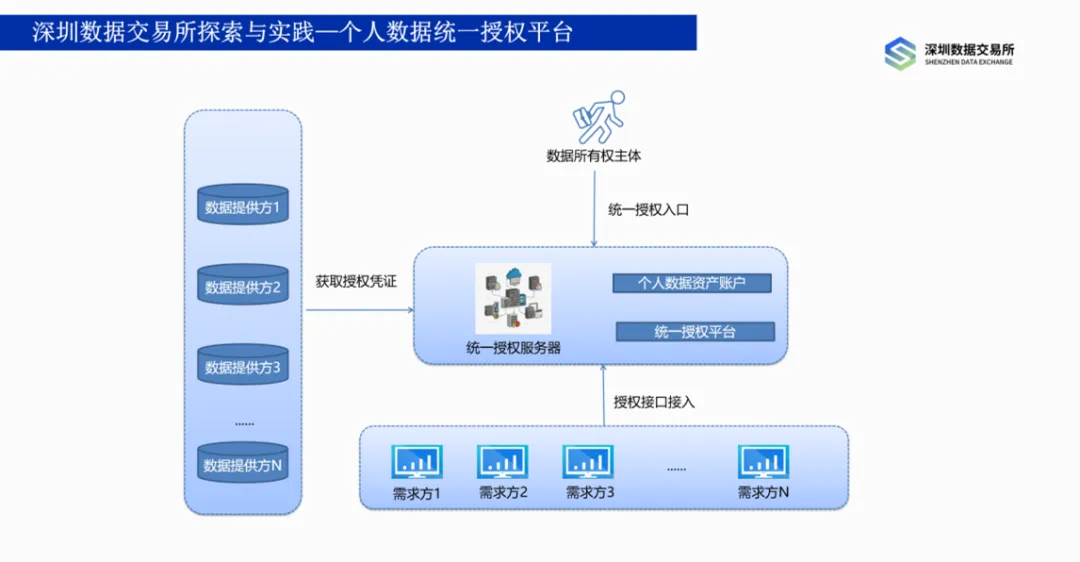
In this struggle between individuals and enterprises over data rights, what makes Data DAO believe that it can help users reclaim data rights?
Data DAO: What Is It and Why
Data DAO (Decentralized Autonomous Organization) is a decentralized autonomous organization based on blockchain technology, aiming to manage and utilize data assets through collective governance mechanisms. It achieves transparent, tamper-proof, and secure data management through smart contracts and decentralized storage technology. The core of Data DAO is to transfer data ownership and management from traditional centralized platforms to the actual owners of the data, the users.
Currently, the established Data DAO project is r/datadao, and Lawyer Huang from Man Kun Law Firm will also conduct compliance analysis based on the business model of this project.
Business Model of r/datadao
Data Storage
The underlying network of r/datadao is the Vana network, which aims to serve the decentralized management and governance of data, using IPFS (InterPlanetary File System) as one of its decentralized storage solutions to support secure storage and efficient processing of key data sets for projects like r/datadao. Therefore, when r/datadao users upload their activity data from Reddit (such as posts and comments) to the platform, this data is stored in a decentralized manner through IPFS technology. Users have private keys for data storage and transmission, ensuring data security and access control.
Incentive Mechanism
Users who contribute Reddit data to r/datadao can receive the native token $RDAT. These tokens not only represent contributions to the data but also allow users to participate in platform governance decisions. The allocation of $RDAT is based on users' Karma values on Reddit, which is an indicator of user community activity and contributions.
Community Governance
r/datadao implements decentralized governance, meaning that all important decisions—such as data usage policies, partnerships, and platform upgrades—are determined by user voting with $RDAT holdings. This ensures transparency and fairness in platform operation.
Data Usage and Profit Model:
Community members can vote on how to use the aggregated data. Options may include authorizing data for large-scale model training by AI companies or sharing data with other enterprises and research institutions. Through this method, r/datadao can generate income and distribute a portion of the income to data contributors in the form of tokens.
Data Privacy and Security:
Although users submit personal data to r/datadao, the platform ensures the privacy and security of this data through encryption and decentralized technology. This means that the data will not be disclosed or abused without explicit authorization from the users.
It can be seen that compared to the "Twenty Data Rules" and the solution of the Shenzhen Exchange, Data DAO also has the nature of entrusted management of personal data. The difference is that users have more autonomy, and there is a deep relationship between Data DAO, blockchain technology, and tokens.
The significance of Data DAO is reflected in:
1. Acting as an agent for individuals to improve their negotiating position by aggregating a large amount of personal data. Individual users not only have limited data value but also are in a weak and exploitable position in transactions. WPS once allowed the platform to use user documents for AI training in its privacy policy, causing widespread controversy. Through Data DAO, the trading value of personal data can be increased.
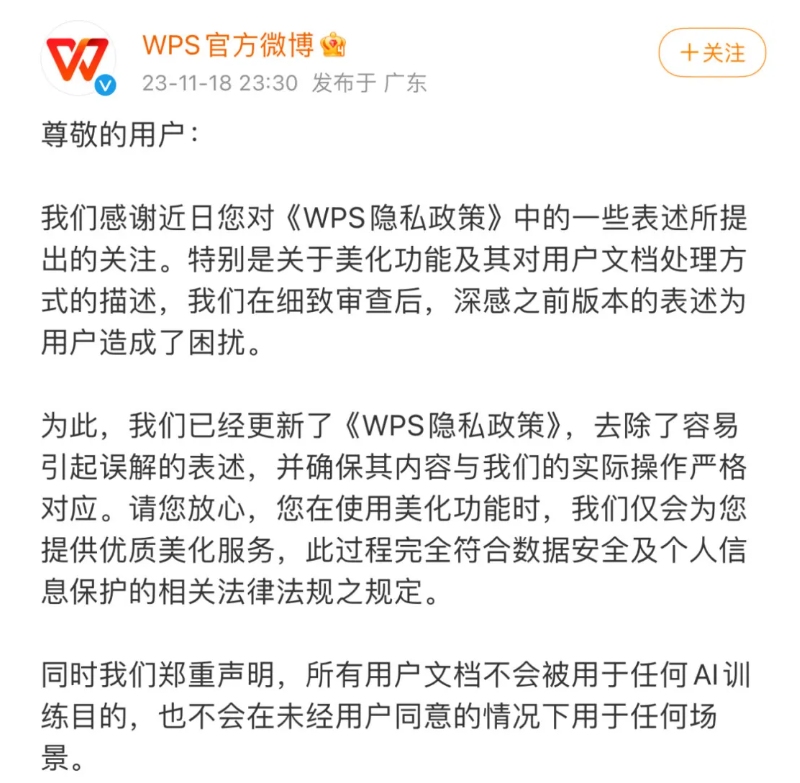
As r/datadao says on its official website: Reddit has sold our data for $60 million annually and is expected to generate $200 million in revenue from our data each year. If we unite, we can counter Reddit and trade this data ourselves.
2. Promoting compliant circulation of data. AI companies like WPS face difficulties in using personal data. Sometimes, under intense competition, they resort to illegal web crawling (bypassing the Robots protocol) and overbearing authorization terms to obtain data. This makes AI companies highly susceptible to allegations of unfair competition, intellectual property rights, privacy, and more. Data DAO organizations like r/datadao will supply more compliant data to the market.
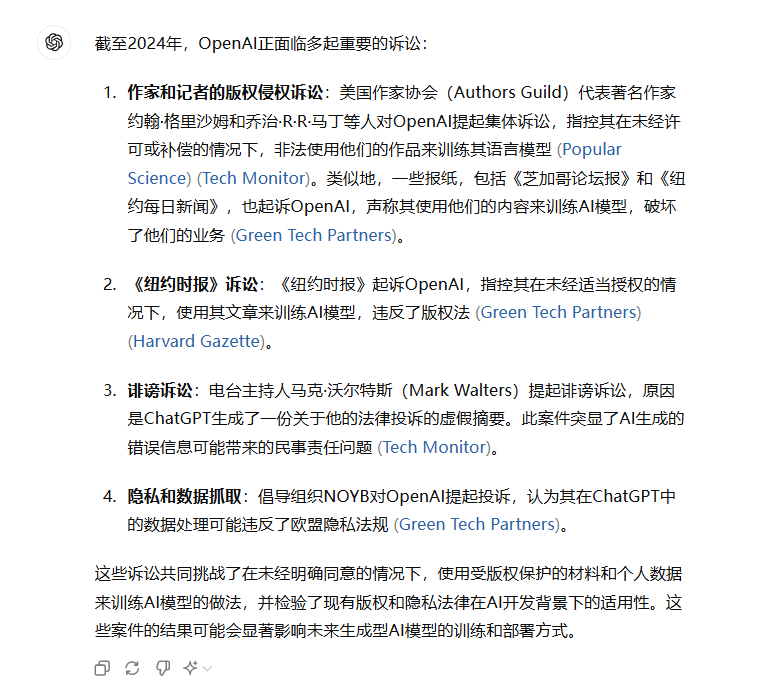
ChatGPT answers "What lawsuits is OpenAI facing?"
3. Breaking data monopolies and data barriers. Internet companies have built moats by occupying data, and for a long time, not only have data not been interconnected between platforms, but users also do not have data ownership. In recent years, with the deepening of antitrust law enforcement, the progress has been limited to achieving direct opening of Taobao links in WeChat. The personal information protection law stipulates the right to data portability, but it is inactive due to the inability to operate. The emergence of Data DAO can provide a new outlet for personal data from internet companies, activate the right to data portability, and return data to the people.
Compliance Operation of Data DAO
Tokenized Data DAO, in addition to facing compliance issues common in the encryption industry such as operational location selection, anti-money laundering, customer identification, and multi-jurisdictional regulation, also needs to pay special attention to data compliance.
Informed Consent
Data DAO needs to obtain written consent from individuals to collect and store personal information. Data DAO should inform individuals in a significant, clear, and understandable manner about the processing purposes, methods, types of information processed, retention periods, rights exercise procedures, etc.
The way of using decided by the majority vote cannot force opponents to use their personal information according to the voting results.
Sensitive Information and Information of Minors
Sensitive personal information, once leaked or used illegally, can easily lead to infringement of the personal dignity or endangerment of the personal and property security of natural persons. This includes biometrics, religious beliefs, specific identities, medical health, financial accounts, travel trajectories, and information of minors.
Personal information processors can only process sensitive personal information under specific purposes and full necessity, and strict protection measures. When processing information of minors, consent from guardians should be obtained, and specific rules for personal information processing should be formulated.
Cross-border Data
In China, personal information processors who handle a certain amount of personal information must store the collected and generated personal information within the country. Data export requires a security assessment by the Cyberspace Administration of China.
Data Security
By formulating internal management systems and operating procedures, and adopting corresponding security technology measures such as encryption and de-identification, etc., unauthorized access and the leakage, tampering, or loss of personal information can be prevented.
There are still many regulations to comply with based on the data type, data usage scenarios, and different regulatory jurisdictions. It is recommended that Data DAO seek further legal advice.
Conclusion
The narrative of Data DAO helping users reclaim data rights is undoubtedly exciting, and the decentralized arrangement seems to indeed help return data rights to the users. However, the trend towards tokenization complicates the issue, facing dual strong regulation of tokens and the data industry. Does this mean that Data DAO cannot obtain a legitimate birth certificate? In any case, this is a direction for data trading that can be explored.
On the other hand, domestic data exchanges, such as Pionex and the ShuTu Blockchain Research Institute, have proposed a completely compliant solution to build a personal data trading platform using blockchain technology. This type of Data DAO has relatively stronger policy certainty in large-scale applications.
免责声明:本文章仅代表作者个人观点,不代表本平台的立场和观点。本文章仅供信息分享,不构成对任何人的任何投资建议。用户与作者之间的任何争议,与本平台无关。如网页中刊载的文章或图片涉及侵权,请提供相关的权利证明和身份证明发送邮件到support@aicoin.com,本平台相关工作人员将会进行核查。



